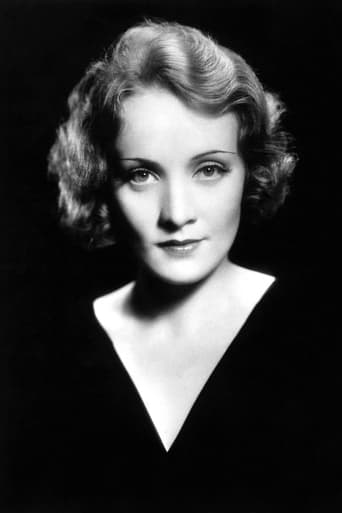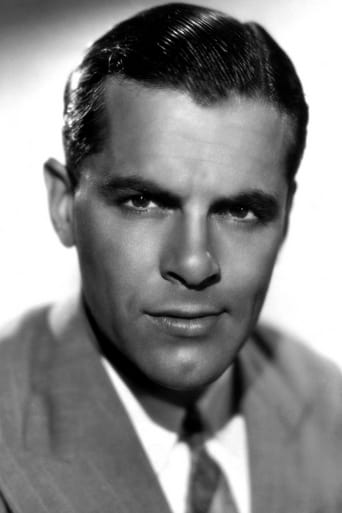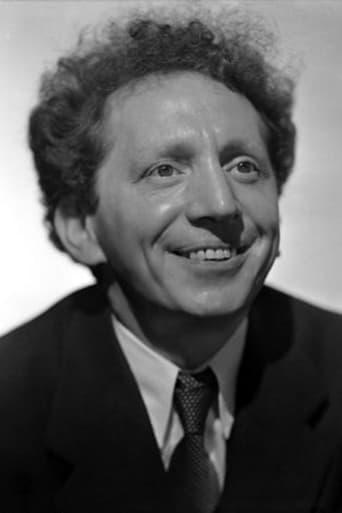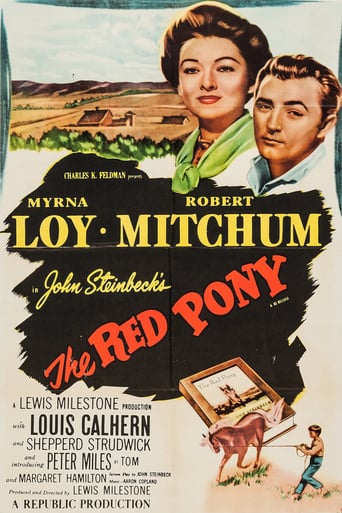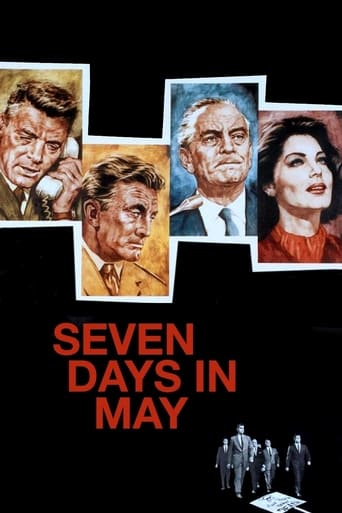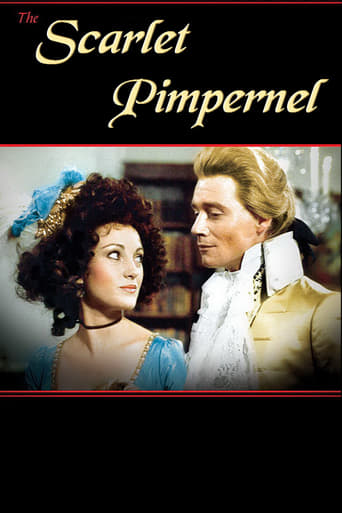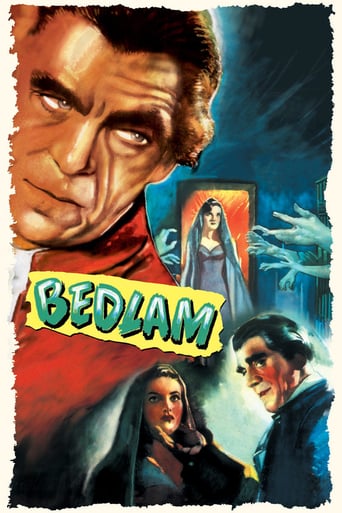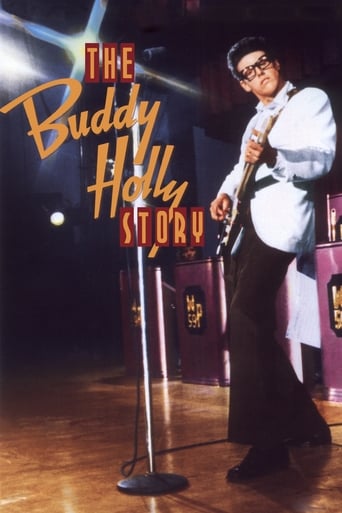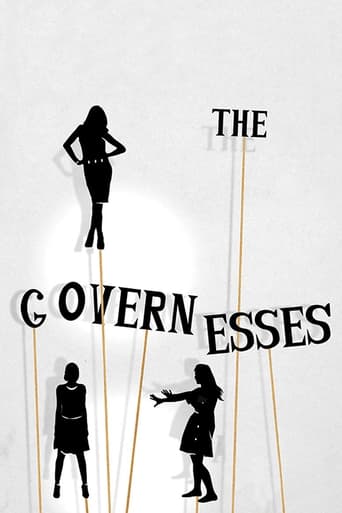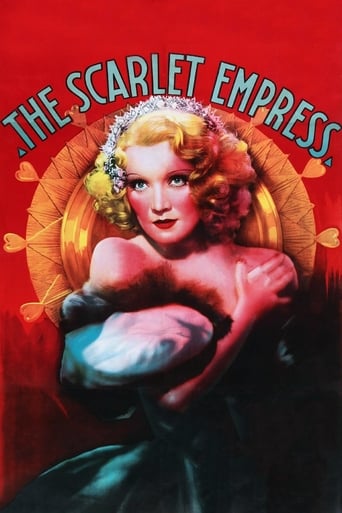
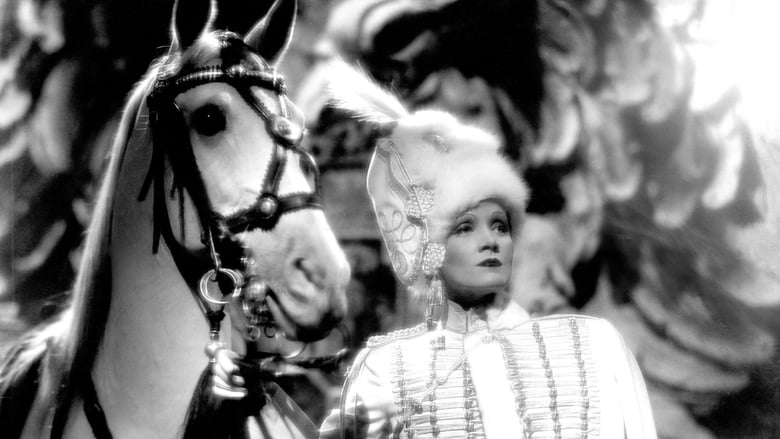
The Scarlet Empress (1934)
During the 18th century, German noblewoman Sophia Frederica, who would later become Catherine the Great, travels to Moscow to marry the dimwitted Grand Duke Peter, the heir to the Russian throne. Their arranged marriage proves to be loveless, and Catherine takes many lovers, including the handsome Count Alexei, and bears a son. When the unstable Peter eventually ascends to the throne, Catherine plots to oust him from power.
Watch Trailer
Cast
Similar titles
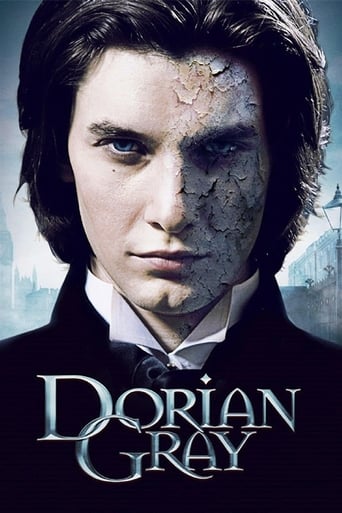
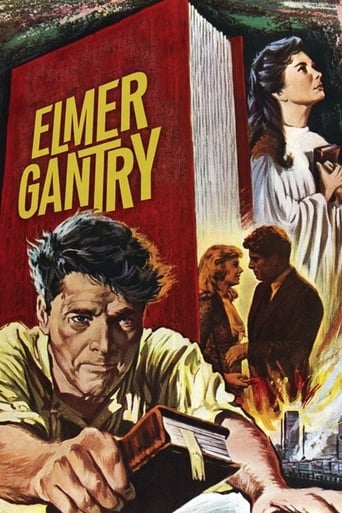

Reviews
This is a coming of age storyline that you've seen in one form or another for decades. It takes a truly unique voice to make yet another one worth watching.
what a terribly boring film. I'm sorry but this is absolutely not deserving of best picture and will be forgotten quickly. Entertaining and engaging cinema? No. Nothing performances with flat faces and mistaking silence for subtlety.
Unshakable, witty and deeply felt, the film will be paying emotional dividends for a long, long time.
An old-fashioned movie made with new-fashioned finesse.
This biopic about the rise of the German Princess Sofia to Empress Catherine of Russia, from naive and deferential innocent to rapacious predator, is accurate only in the broadest outlines. Even the opening credits indicate a loose approach to fact: "Based on a diary of Catherine," "arranged by Manuel Komroff."In the first half Marlene Dietrich in the title role overplays breathless awe so emphatically that one can only wonder if she was strictly directed to do so; after her sexual awakening after months of resisting the stirring of her passions by a rakish courtier (John Lodge) and crazed with frustration by her unconsummated marriage to the repellent Tsar-to-be Peter (Sam Jaffe), she melts into the arms of a palace guard during a sudden moonlit encounter.It's hard to believe this film passed the 1934 censors, given its open suggestions of out-of-wedlock sex (and subsequent pregnancy); Dietrich's posturings call to mind pre-Code Mae West (who was a friendly acquaintance of Dietrich's on the Paramount lot where they were working at the same time). Perhaps the keepers of the Code were too distracted by the shimmering vision of the blonde icon as lit by Josef von Sternberg. And make no mistake about it, this movie is a paean to Dietrich as a work of art. The "Catherine the Great" plot, scenic design and supporting players are the scaffolding and trappings supporting and surrounding the living goddess.These trappings are highly stylized and elaborate as, for example, the Lubitsch-like ritual of Princess Sophia (the future Empress Catherine) kissing the hands of all adults present whenever she enters or exits a room; when she isn't engaged in strictly supervised activities she is kept locked in her bedroom several flights above the main floor of her house; her mother is such a disciplinarian that she scolds the child even when the child obeys. Empress Elizabeth of Russia (Louise Dresser) is introduced on a grand throne in forbidding surroundings decorated with huge grimacing gargoyles festooned with dripping candles and attended by over-dressed lackeys, only to open her mouth and jabber like a bilious small-minded housewife. And the future Tsar Peter whom Sophia is sent to Russia to marry is an imbecile and described as such repeatedly in intertitles in case we miss the point.In fact the flow of exaggerations and extremes is more or less constant so that the viewer is alternately hypnotized and amused. If Dietrich is not your cup of tea, the movie will repel you, because it's all about her.
Well, it seems that you either adore this movie or you hate it. I'm glad to see that we who like it, have the advantage. One of the main objections to the movie seems to be that it is historically inaccurate. Have YOU ever seen a movie that was historically accurate? I haven't - unless it was a documentary, and even then it was rare to agree with everything I saw on the screen.Frankly, I don't usually care if a movie really is totally inaccurate. I see movies as vehicles of escape, not of information (either true, false or in between). And this fantastic recreation of Tsarist Russia, featuring Peter Ballbusch's weird sculpture and showing off some masterful photography (credited to Bert Glennon) is a spectacle you will never forget. The whole cast is superb! And the direction magnificent!
This is Von Sternberg's work - this characterization alone is almost enough to describe this picture. As always, the great Master revels in his love for opulence, grand settings, theatrical acting, sex, intrigues, and violence; and since "The Scarlet Empress" was one of the last pictures to 'escape' the full enforcement of the Production Code, he can do so once more without almost ANY restriction.It's nothing like a historical movie, of course - except that it goes roughly along the real events in the 17th century: the young German princess Sophia is summoned by the Russian empress Elizabeth to marry her half-wit son and bring some 'fresh blood' into the decadent czarist line. And Marlene Dietrich is a WONDERFUL sight throughout all the picture: how she 'develops' from the innocent young girl that's still hoping for a beautiful prince into a disillusioned, willful, lustful woman; in the beginning she's almost shocked by the advances of the good-looking count Alexej, who turns out to be one of the greatest heart-breakers of the court - but the longer she's forced to live with her literally abominable demented husband, the new Czar, the more she gets to like the idea that 'every woman in the court has got her lovers'; and so she virtually 'commandeers' all the army officers - something which will help her a lot in the counter-intrigue she's forced to spin against the deadly intrigues of her 'husband'...So this is a REAL pre-Code movie (and certainly one of the most pompous and extravagant of all) - and it's got a very interesting and unique aspect to it concerning sex: here, the MEN are the 'sex objects', not only for the formerly innocent Sophia, who's become reckless and randy Catherine - but even for the lustful old empress Elizabeth! The only one who'd shown a similar 'attitude' in pre-Code movies was Mae West... (Who'd in fact wanted very much herself to make a movie about Catherine the Great, but Von Sternberg beat her to it; well, she turned her own ideas into a stage play later on...) So, as far away from any kind of reality as it may be - enjoy it as a Hollywood 'fairy tale' (of the 'nasty' kind...); it's one of the most entertaining ones ever made!
The best directors are adaptable, able to turn their talents to the needs of story and stars. On the other hand, a stylistic individualist such as Joseph "von" Sternberg may be excellent at what they do, but completely inflexible and as such their work tends to be uneven. However, although Sternberg was unable to bend his style to suit the material, there is always the chance that sooner or later the material would come along to suit his style. Enter The Scarlet Empress.It may be based on a true story, but The Scarlet Empress makes only fleeting contact with reality. It is a macabre, nightmarish fairytale imagining of history. As such Sternberg can go all out with his bizarre stylisation and disregard for convention. All those things which made a mess of his other pictures – the odd angles, the distracting foreground clutter, the hammy acting – they all fit in here. Sternberg was never one to elucidate plot or draw out emotional depth, and The Scarlet Empress is the one picture where he doesn't really need to.In this light, we can actually take time to appreciate the excesses of Sternberg's technique. The early scenes in Germany are comparatively light and airy. When Count Alexei arrives he introduces a swathe of blackness. From this point on Sternberg literally darkens the picture, not just from scene to scene but from moment to moment, for example when Alexei's cloak envelops Marlene as he kisses her. The Russian palace is a surreal creation, more like a bejewelled cave than a building. We can see the fine craftsmanship of Hans Dreier, but he was doubtless directed fairly thoroughly by Sternberg himself. It's shot and lit in such a way that it appears to have no limits, its edges lost in shadow. And as for Sternberg's close-ups! They are strange, wonderful, glittering portraits, worthy of the painted icons that are such a part of Russian culture. The only pity is that Sternberg treats his cast as merely part of the mechanical process. To him, a good actor like Sam Jaffe is simply there to be a grotesque, little different to the stone ones adorning every set.The exception is Marlene. Ms Dietrich shimmers under Sternberg's lens. Not only does she stand out more here than any other picture, like a shimmering jewel amid the shadows, this also happens to be her very finest performance. When we first meet her, she is a world away from her familiar screen persona, playing the teenage Catherine as timid, naïve and frail. As the plot progresses she transforms into the smart and confident seductress, and finally emerges as the charismatic empress-in-waiting, and this at last is the Marlene we all know. Her development, though radical, is absolutely believable, and throughout her acting is utterly flawless.And then, there is the music. The Scarlet Empress is an almost constantly musical picture, with much of the action wordlessly choreographed to a pounding background score. It is a truly symphonic work, what Michael Powell referred to as a "composed film". And it is reminiscent of Russian music purely in its tone – it has that same cruel, stark quality of Mussorgsky and Prokofiev; music from a culture who get a lot of ice and not much daylight. And yet the composer whose work is most prominently used in The Scarlet Empress is Tchaikovsky, by and large a confectioner of nice but plain melodic pieces. His music fits though, especially the Slavic March, and in any case Tchaikovsky has a lot in common with Sternberg – pretty but lacking in depth. And Tchaikovsky still had his masterpieces.
